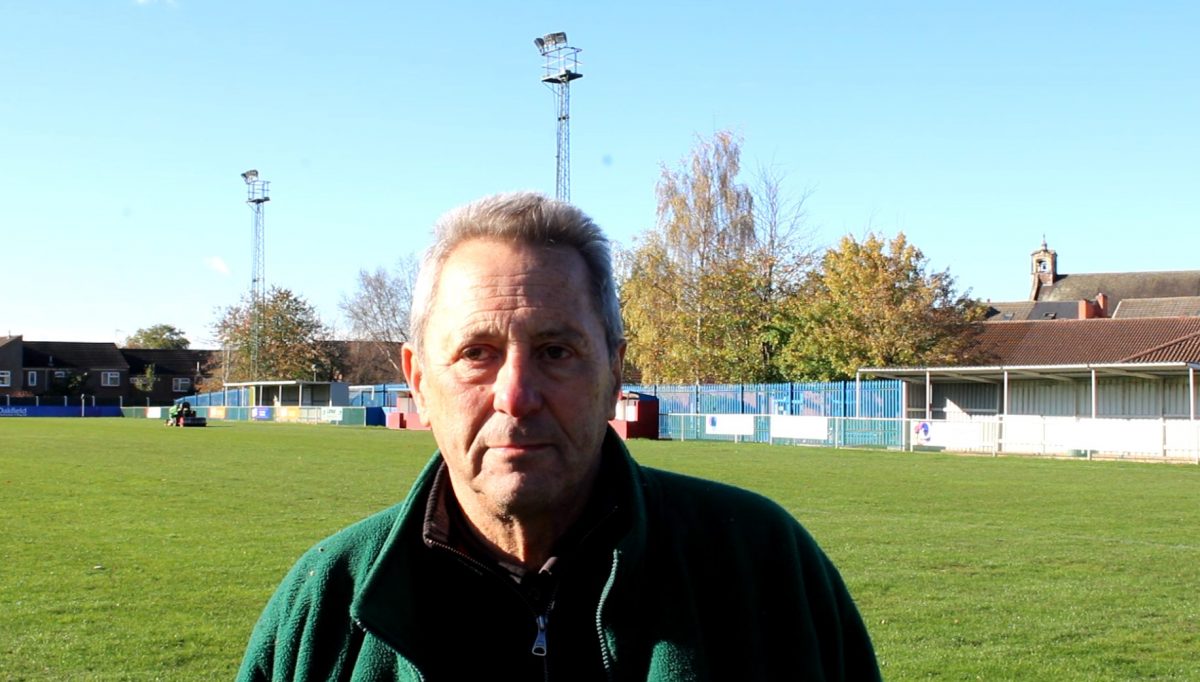Nottinghamshire’s non-league football clubs are struggling to keep their floodlights on as their energy bills skyrocket.
The clubs, who already struggle with their bills after being hit hard by Covid, are facing a range of rising running costs according to club chairmen.
This is pushing some clubs right to the brink, with cost-cutting measures required elsewhere in the absence of government grants.
Bob Thomas, chairman of Radford Football Club, said: “On the previous contracts in the early 2000s, we could run this for £50 over a three-hour period.
“Of late, it costs us £100 over a three-hour period.
“Under the new contract, though, we could face doubling it. It could be £200 a game,” he added.

Lighting grounds becomes more expensive during winter when it gets dark during Saturday 3pm kick-off games.
This has prompted changes from many leagues in the English football system.
The Isthmian League – which covers the seventh and eighth tiers – publicly pledged to allow clubs to agree 2PM kick-offs earlier in the season, while other divisions have followed suit.
Alan Poulain, chairman of the United Counties League in which Radford play, said: “If an agreement is reached between competing clubs for an earlier kick-off, usually 2pm on a Saturday, then the league would ordinarily agree to allow.
“If either club does not agree, then the default time of 3pm will remain.”
This option was used by Mansfield Town in a League Two fixture against Walsall in October, when they switched their kick-off to 1pm.
🚨 #Mansfield Town’s Sky Bet League Two encounter at home to Walsall on Saturday 15 October will now kick-off at the earlier time of 1pm.
More. 👇#Stags 🟡🔵
— Mansfield Town FC (@mansfieldtownfc) September 22, 2022
That game served as a trial to see if earlier kick-off times worked for Stags fans, but when it comes to non-league fixtures, there are many more factors to consider.
Poulain said: “There is no intention to change the default time in our rules as there are too many variables which clubs have to contend with.
“I think one or two clubs have tried to switch kick-off times, but I believe only one managed to get an agreement with the opposition.
“The reason why most clubs do not agree is the Saturday working of some of their players, [which] adds to the travel time.”
The long-term solutions to rising costs often require even further outlay, which is demonstrated by Radford’s ongoing project to install energy-efficient LED lights.
Tony Osborne, ground development officer at Radford, said: “Our chosen contractor’s quote came in at £32,000 just to replace the lamps.
“If we went for new stanchions [too], the cost would escalate to around £60,000.”
While some grants are available for these projects, including from the Football Foundation, clubs still have to find a significant amount of the funds themselves.
With forecasts of a further downturn in the UK economy in 2023, the situation may yet get worse for clubs.
Thomas said: “We can meet [the costs] financially at present.
“It might have a different decision in six to 12 months’ time, when the true costs start hitting in.”
Feature Image Credit: Will Hugall

